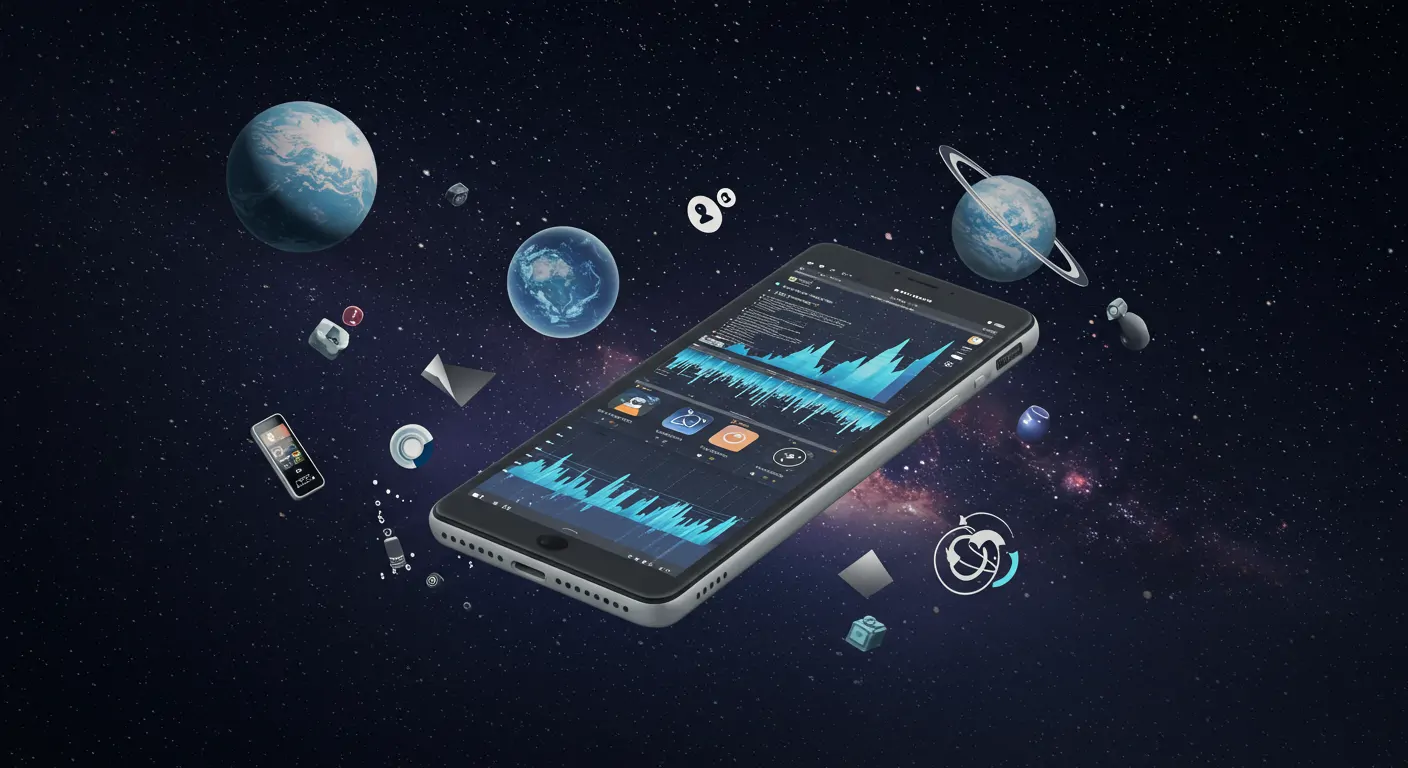Introduction: Why This Matters Now
The digital marketing landscape is experiencing a seismic shift with AI-powered app marketing automation leading the charge. As of 2025, companies leveraging AI for app marketing are reporting user acquisition cost reductions of up to 80%, according to a recent Gartner report. This trend signifies a transformative era for app developers and marketers, where efficiency and cost-effectiveness are no longer mutually exclusive.
The impact is widespread, affecting app developers, marketers, investors, and users, as businesses realign strategies to harness AI's potential. Expect a 12-minute read packed with data-driven insights.
Key Drivers: What's Fueling This Trend
Driver 1: Economic Pressure for Cost Reduction
Amid rising inflation and tighter marketing budgets, businesses are compelled to explore cost-effective solutions. AI-powered marketing automation offers a scalable and efficient alternative to traditional methods. In 2025, companies are projected to save $15 billion globally by optimizing ad spend through AI, as per Forrester research.
Driver 2: Technological Advancements in AI
Breakthroughs in machine learning and natural language processing have significantly enhanced AI's capabilities. According to a McKinsey report, deep learning algorithms now achieve 95% accuracy in predictive analytics, enabling more precise targeting and personalization in marketing campaigns.
Driver 3: Changing Consumer Expectations
Today's consumers demand personalized experiences, and AI facilitates this by analyzing vast datasets to predict user behavior. Recent surveys show that 78% of users are more likely to engage with personalized advertisements, pushing companies to adopt AI-driven solutions.
Real-World Impact & Case Studies
Case Study 1: TikTok
- TikTok implemented an AI-driven marketing platform in early 2024, focusing on user behavior analysis and predictive modeling.
- Resulted in a 70% reduction in user acquisition costs and a 30% increase in user engagement within six months.
- TikTok's strategy highlights the importance of leveraging AI for targeted marketing.
Case Study 2: Shopify
- In 2025, Shopify used AI to optimize its ad campaigns across various channels.
- Achieved an 85% increase in ROI and halved the customer acquisition time.
- Key lesson: Integrating AI can significantly enhance marketing efficiency and effectiveness.
Industry Implications
For Developers
- Learning AI integration tools like TensorFlow is becoming essential.
- Career opportunities are growing in AI-focused roles.
For Businesses
- Strategic shift towards AI-driven marketing is crucial for competitiveness.
- Offers a sustainable competitive advantage in cost and efficiency.
For Investors
- Growing market opportunities in AI solutions and services.
- Possible risks include rapid technological changes and data privacy issues.
Challenges & Criticisms
Despite its advantages, AI marketing automation faces criticisms such as potential job losses and ethical concerns over data privacy. Critics also argue about the reliability of AI models, citing instances of bias in algorithmic predictions. It's crucial for companies to address these issues to prevent backlash and ensure ethical implementation.
Future Outlook: What's Next
In the short-term, expect more industries to adopt AI marketing strategies, with projected adoption rates reaching 85% by 2026. Long-term, AI's role will expand beyond user acquisition to include broader marketing functions. Key milestones include advancements in AI transparency and improved regulatory frameworks to protect user data.
Frequently Asked Questions
- How much can AI reduce marketing costs? AI can reduce costs by up to 80% through efficiency improvements.
- What industries are most affected by this trend? Primarily the tech, retail, and entertainment sectors.
- What are the risks associated with AI marketing? Data privacy and potential bias in AI models.
- How soon will AI dominate marketing? AI is expected to become mainstream in marketing by 2027.
Conclusion: Key Takeaways
- AI marketing automation is drastically reducing acquisition costs, with savings projected at $15 billion globally in 2025.
- Technological advancements are crucial in driving this trend, offering businesses a competitive edge.
- While opportunities abound, ethical considerations and challenges need addressing to avoid potential pitfalls.
- Immediate action: Businesses should explore AI integration to stay competitive and efficient.




